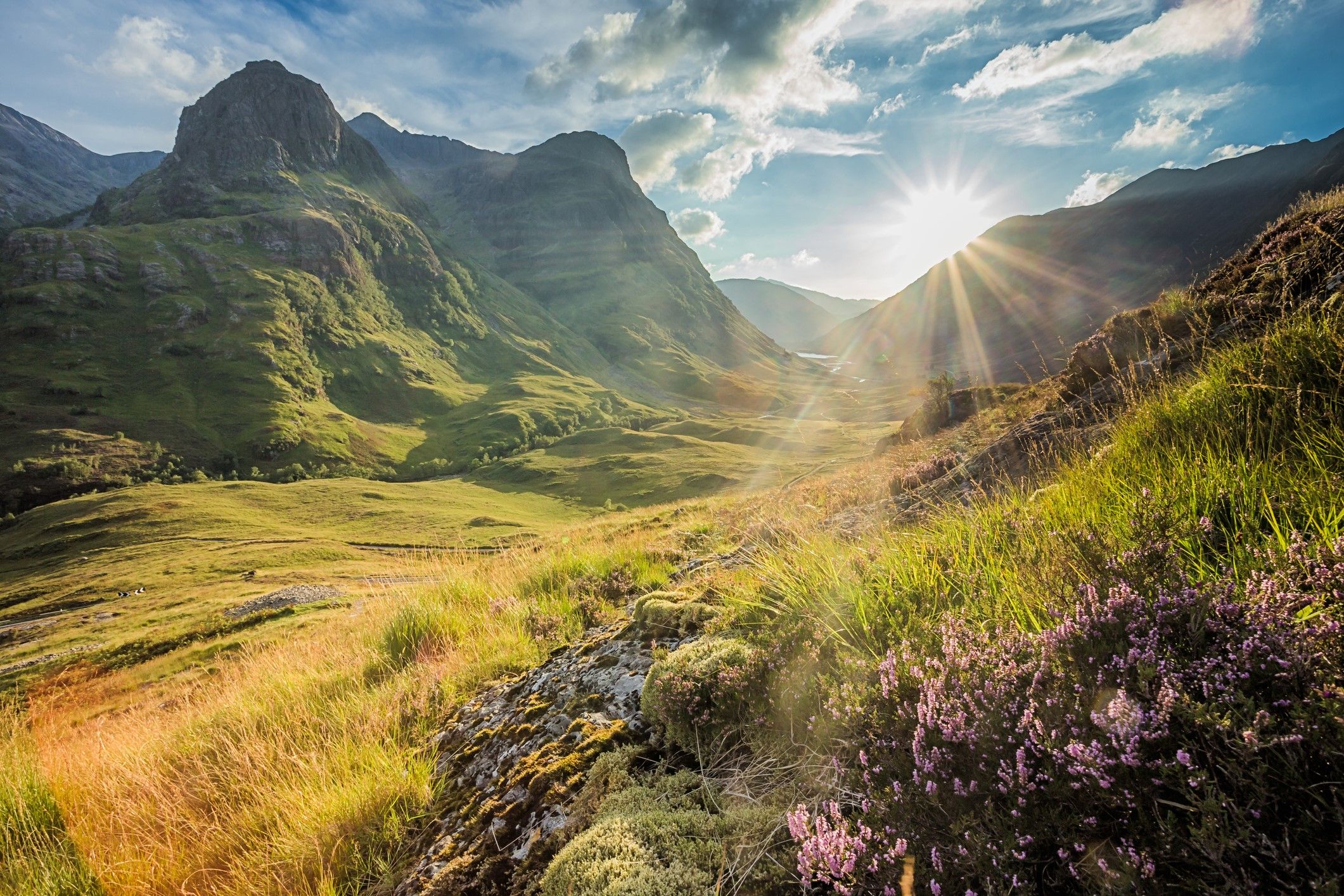Feminists’ next fight: Climate Change
Alice Coyle, St Philomenas Catholic High School for Girls Sixth Form
Tuesday 9th November 2021
Climate change, arguably the biggest issue of the 21st Century, is having a disproportionate effect on women globally. Gender inequality has therefore become the focus of COP 26 day nine proceedings. The aim has been not only to get investments towards women, who are the most vulnerable to the impacts of climate change, but also to boost women's climate leadership, who, at the moment, are an extremely underrepresented group.
Women make up 70% of the world's poor and with this vulnerability comes harsher impacts of climate change – many of those in poverty, especially in developing countries, work in primary sectors like agriculture. Farming has been particularly threatened through climate change with an increased risk of flooding, storms and droughts. These hazardous events destroy and deplete natural resources, which many women are dependent on for their livelihoods. Women already face inequality throughout different stages of their lives. As women are less likely to own land and houses as well as have an education, they often do not have the skills needed to protect themselves from the impacts of climate change. Two thirds of the world's 796 million illiterate people are women, and illiteracy limits their ability to obtain jobs and increase their wealth, which not only makes the impacts of climate change harder for women to deal with, but it also means women are less likely to be involved with finding the solutions for climate change.
Alok Sharma, COP26 president, announced on the 9th of November that the UK promises to provide £165 million in funding towards tackling climate change and addressing the inequalities that are making women more vulnerable to the impacts of climate change. The funding from the UK is aiming to give up to £45 million for the Community Resilience Partnership Programme in Asia and the Pacific as well as £120 million towards women's resilience in Bangladesh as it is one of the most vulnerable countries to the effects of climate change. However, not all the money from the fund is focusing on empowering women and reducing the impacts of climate change for them, but also protecting biodiversity, managing waste, and strengthening renewable energy. With so many different areas of focus in just one country the impacts will not be felt for women on a large scale both in Bangladesh and globally. Another country that has incorporated gender equality into their future climate projects was Canada, as they have promised to double their climate finance pledge to $5.3 billion over 5 years, with 80% of their projects targeting gender equality outcomes. I hope that as more countries are focusing on the issue of gender, it will become a more leading feminist issue.
There were some influential women involved in the COP26 proceedings who highlighted prominent issues surrounding gender. One of the most powerful speeches of the day came from Angelica Ponce who works for Mother Earth in Bolivia - she said “The world as designed by men has destroyed many things ... We want to be in the corridors of power and take part in decisions at international level to end this struggle of climate justice”. This powerful statement showed her clear message to everyone – that women should be at the forefront in order to successfully combat climate change. I believe that women, and their voices have not been amplified to the extent necessary and with only 14 countries having achieved 50 per cent or more women in cabinets the world has a long way to go before the impacts that climate change is having on women will be able to improve.
In my opinion the lack of women in positions of authority, across the world, will have a hugely negative effect on the future generations. I believe young people will be leading action against climate change in the future and with a lack of female leaders attending COP26 on a day meant to discuss the issues that women face due to inequality and climate change is extremely disappointing. Nicola Sturgeon, Scotland's first minister, brought to light that "When world leaders gathered here last week, of the 120 or so, a tiny minority were women – that needs to change, and it needs to change quickly. There is no doubt, we must ensure that climate change is a feminist issue". I am hoping that as people begin to understand the increased adverse effects that climate change has on women, they will also realise that these struggles that they face make women inherently valuable in finding and fighting for the solutions to climate change.
References and sources
https://www.un.org/en/chronicle/article/womenin-shadow-climate-change
https://www.bbc.co.uk/news/live/world-59213815#lx-commentary-top
https://www.iucn.org/resources/issues-briefs/gender-and-climate-change
https://www.bbc.co.uk/news/uk-59209610
https://www.businessleader.co.uk/what-can-we-expect-from-science-and-innovation-day-at-cop26/
https://www.gov.uk/government/news/uk-boost-to-advance-gender-equality-in-climate-action
